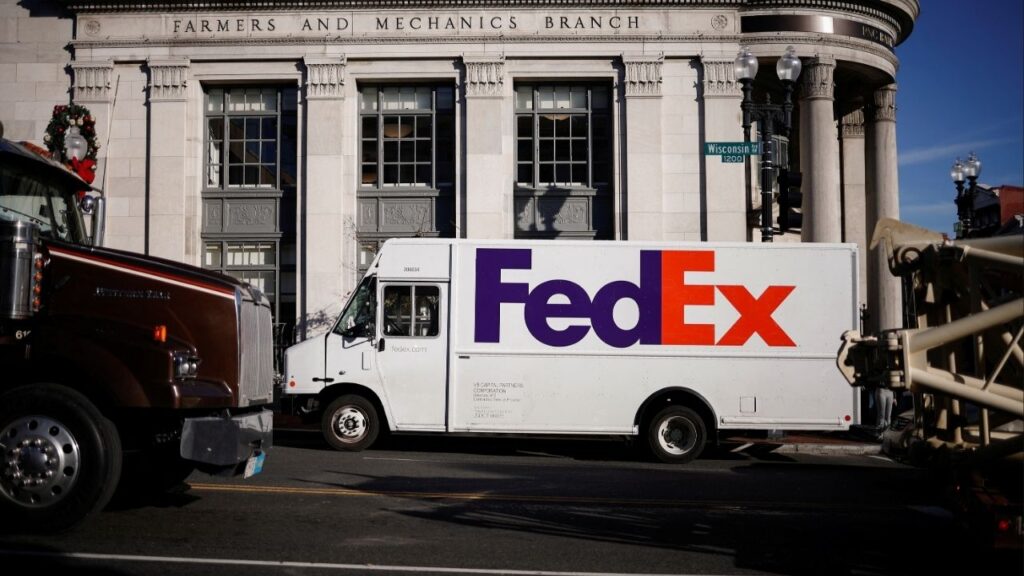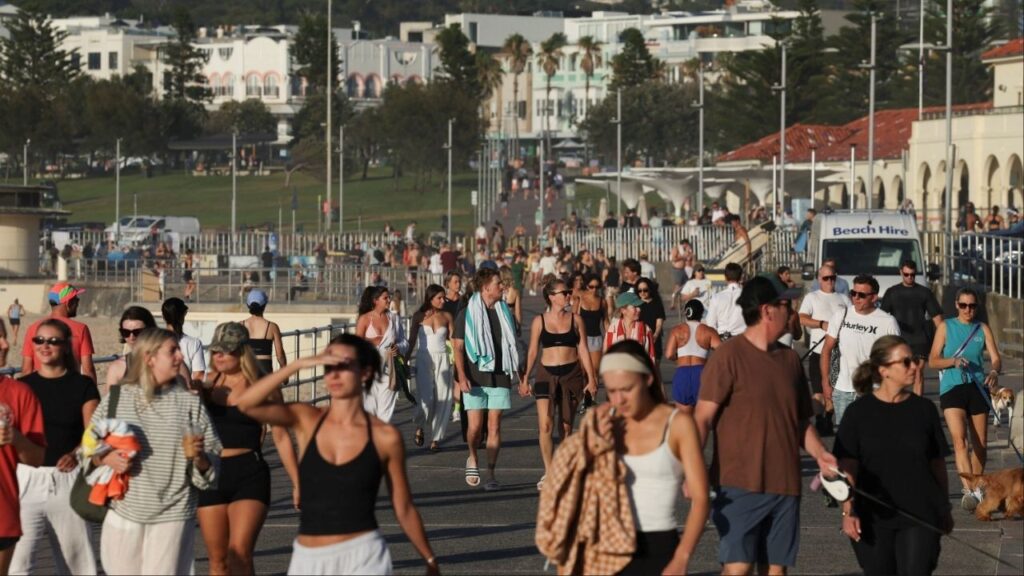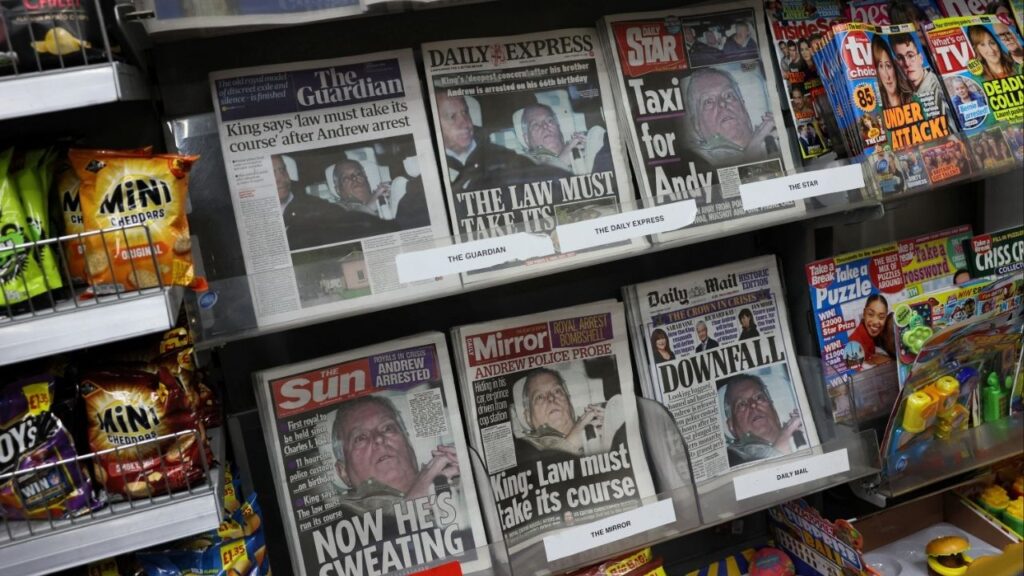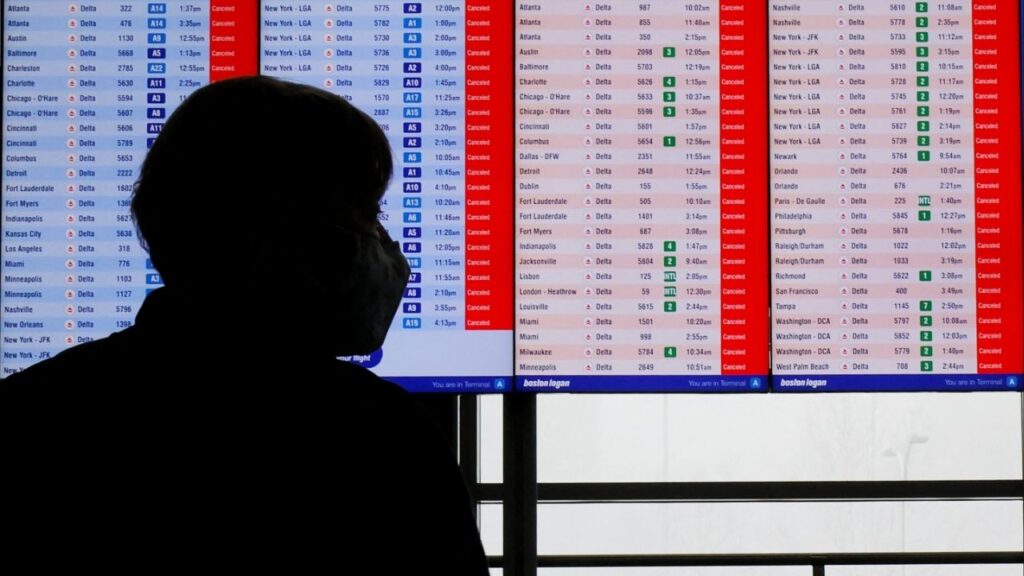Share
SACRAMENTO— California lawmakers on Thursday agreed to use $2.6 billion in federal stimulus money to pay off up to 80% of some tenants’ unpaid rent — but only if landlords agree to forgive the rest of their debt.
The legislation, which Gov. Gavin Newsom helped negotiate and is expected to sign into law, is the state’s first major attempt to clear unpaid rents that have piled up during the pandemic as millions of people lost their jobs because of government-ordered business closures.
“The pandemic has created a mountain of unpaid rental debt, which has caused instability and financial hardships for both tenants and landlords,” said Democratic Assemblywoman Eloise Gomez Reyes, the majority floor leader. The legislation provides “urgent assistance to renters and for the first time to struggling mom and pop landlords across California.”
But the move is risky because of two big unknowns: Is $2.6 billion enough to cover all of the unpaid rent in the state, and how many landlords will take the deal?
No one knows for sure how much unpaid rent is in California, the nation’s most populous state with nearly 40 million people. Estimates range from a high of $3.6 billion by the advocacy group Housing NOW! California to a low of $400 million by the nonpartisan Legislative Analyst’s Office.
Last year, Newsom signed a law that banned tenants from being evicted for not paying their rent during the coronavirus, but only if they paid at least 25% of what they owed after Sept. 1. The move prevented what many feared would be an “eviction tsunami,” but still required tenants to repay their debts, empowering landlords to take them to court to recoup their money.
Those protections would have expired on Monday. The bill lawmakers approved on Thursday extends those protections through at least June 30 while also giving landlords and tenants the opportunity for a clean slate.
“Today we help Californians keep a roof over their head and keep their heads above water,” said Democratic Senate President Pro Tem Toni Atkins, promising that work on the issue will continue in coming months.
The Legislation Had Rare Bipartisan Support
Some housing advocacy groups worry the proposal gives too much power to landlords. If landlords refuse the deal, the law would only pay off 25% of the tenants’ debt — enough to ensure they could not be evicted.
That is “a troubling power imbalance,” said Democratic Assemblyman David Chiu, among many objecting to that provision.
“This is not a perfect deal,” Chiu, who heads the Assembly housing committee, said as he and Democratic Assembly Speaker Anthony Rendon noted lawmakers must do more to fill the gaps before the new protections expire in June. Yet “at this deadliest of moments in the pandemic, we can’t have tenants pushed out into the streets,” with the current protections set to expire this weekend.
The legislation had rare bipartisan support, passing 71-1 in the 80-member Assembly and 34-0 in the 40-member Senate with some Republicans not voting.
“This isn’t perfect…but we are in a desperate time right now,” said Assemblyman Devon Mathis, though he and other Republicans said they remain concerned that there will be bureaucratic complications over administering the program.
“We ask Gov. Newsom to please not screw this one up too,” Mathis said, referencing ongoing delays and billions of dollars in fraud in allocating pandemic unemployment benefits.
Several lawmakers warned that disadvantaged communities could be left behind, though Democratic Sen. Dave Cortese said the measure requires setting up a statewide multilingual call-center in part to help landlords and tenants who lack internet access.
The bill is “not the perfect solution, but it is a solution to a dire problem,” said Assembly Republican Leader Marie Waldron. “We need to ensure that the program will actually work and that it is accessible to all.”
The federal money includes $1.5 million sent to the state, and another $1.1 billion sent to some cities and counties.
The money could also be used to pay for unpaid utility bills. A survey by the State Water Resources Control Board found 1.6 residential water customers, or 12% of all households, have unpaid bills amounting to $1 billion.
RELATED TOPICS:
Categories



















